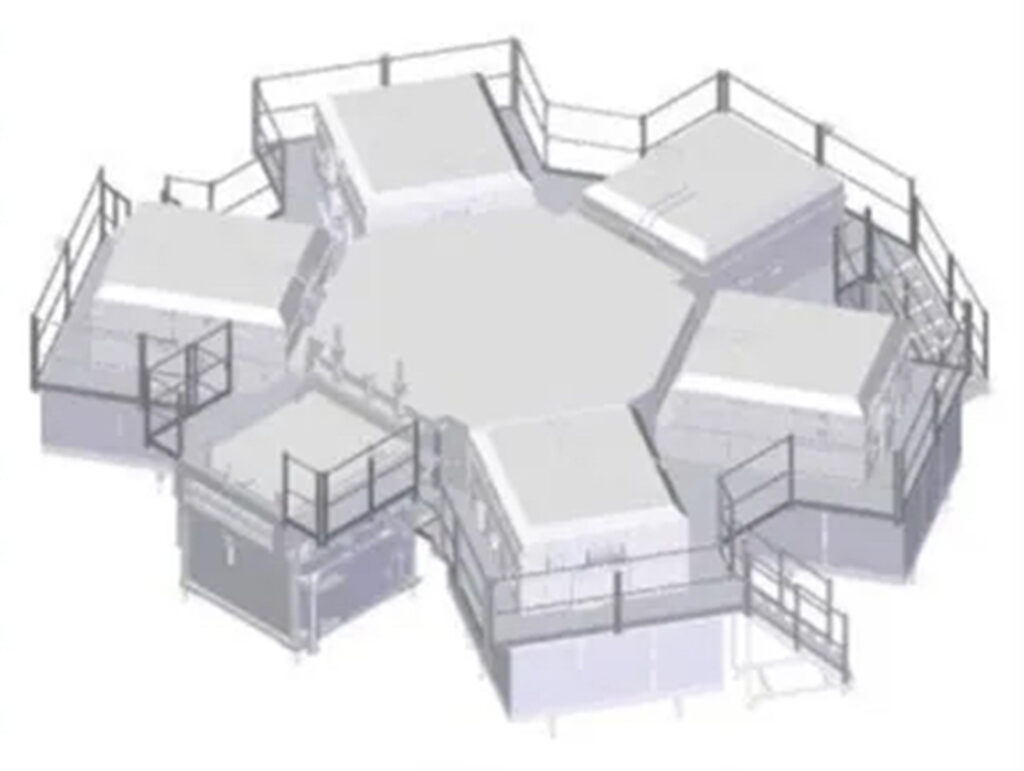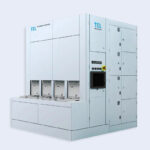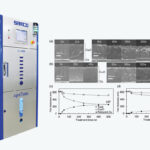ASIA ELECTRONICS INDUSTRYYOUR WINDOW TO SMART MANUFACTURING
Tokyo Electron Announces Latest Plasma Etch Modules for 8.7-Gen FPD
Tokyo Electron Limited announces the launch of Betelex™2700 PICP™ EX Plus plasma etch system. Specifically, it is capable of processing 8.7-gen*1 glass substrates using the new PICP™ EX Plus chamber designed for high-resolution processes. Tokyo Electron also launched APX, a module for controlling corrosion*2.

Displays made from 8.7-gen glass substrates are mainly used in IT products featuring OLED panels. Producing such large displays with high resolution and high-added value requires etch technologies. Mainly, these technologies realize greater uniformity and selectivity than ever before. Also, it requires strict production management, including effective corrosion reduction and particle control.
In response to these market demands, TEL developed the PICP EX Plus plasma module for the 8.7-gen display segment. Specifically, TEL augmented the high-precision etch performance of its proprietary PICP high-density plasma source with enhanced control of plasma distribution and temperature. As a result, the module gained the ability to process more diverse device structures. At the same time, it realized higher production stability, better yield, and lower running cost.
Also announced is APX, a newly developed module that effectively controls corrosion using TEL’s unique method. APX can help customers further improve yield, lower running cost, and achieve superior environmental performance to boost productivity.
“As the interest in the new breed of displays is rising, we have developed the PICP EX Plus and APX modules to meet our customers’ needs for the next generation of technologies,” said Takeo Kaeriyama, General Manager, DSS BU (Display) at TEL. “These products enable superior etch performance, high production stability, and good yield; thus contributing to our customers’ manufacture of advanced displays.”
PICP and Betelex are registered trademarks or trademarks of Tokyo Electron Group in Japan and/or other countries.
*1 8.7th generation: refers to glass substrate size of 2290×2620mm
*2 Corrosion: In aluminum etch processes, residual etch gas can cause aluminum to corrode.




